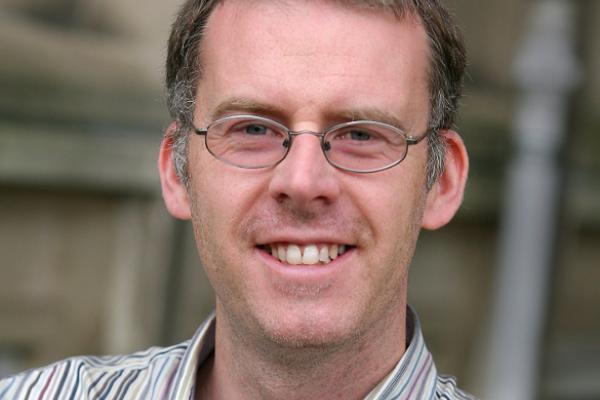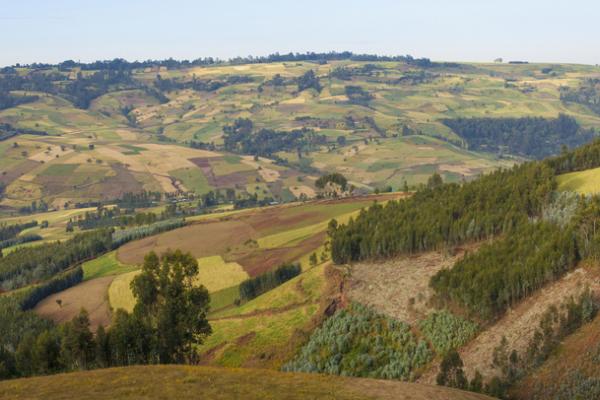Expo Milano, food for all
Horizon takes you to the Expo Milano 2015 world fair in Italy, where researchers show how they will feed future generations nutritiously and sustainably.
We talk to the scientists who are using genetic techniques and molecular methods to create pest-resistant feed crops, resilient fish, and plants that can produce food in hot and dry weather conditions.
We look at how traditional African foods are being improved through research, and discover how to manage forest lands to make the most of scarce rainfall.
We also speak to the next-level recyclers – the researchers who are finding ways to turn waste water into plastic bottles, and make food wrappers from lobster and shrimp shells.






